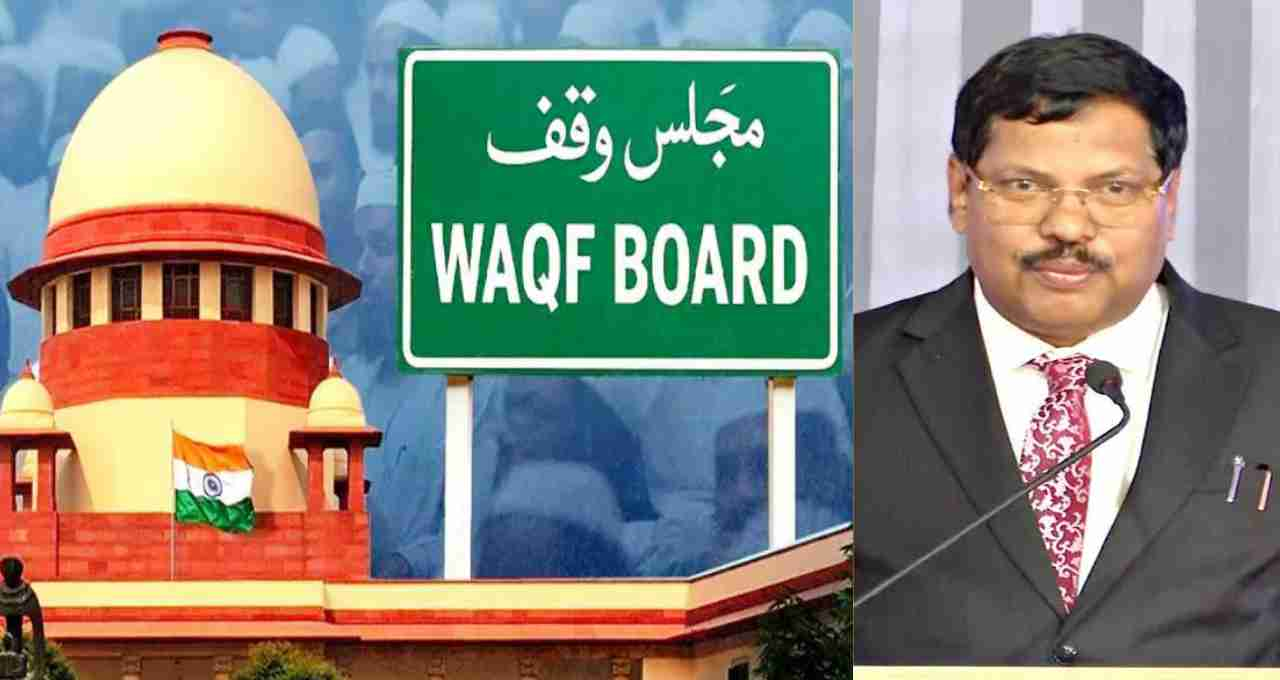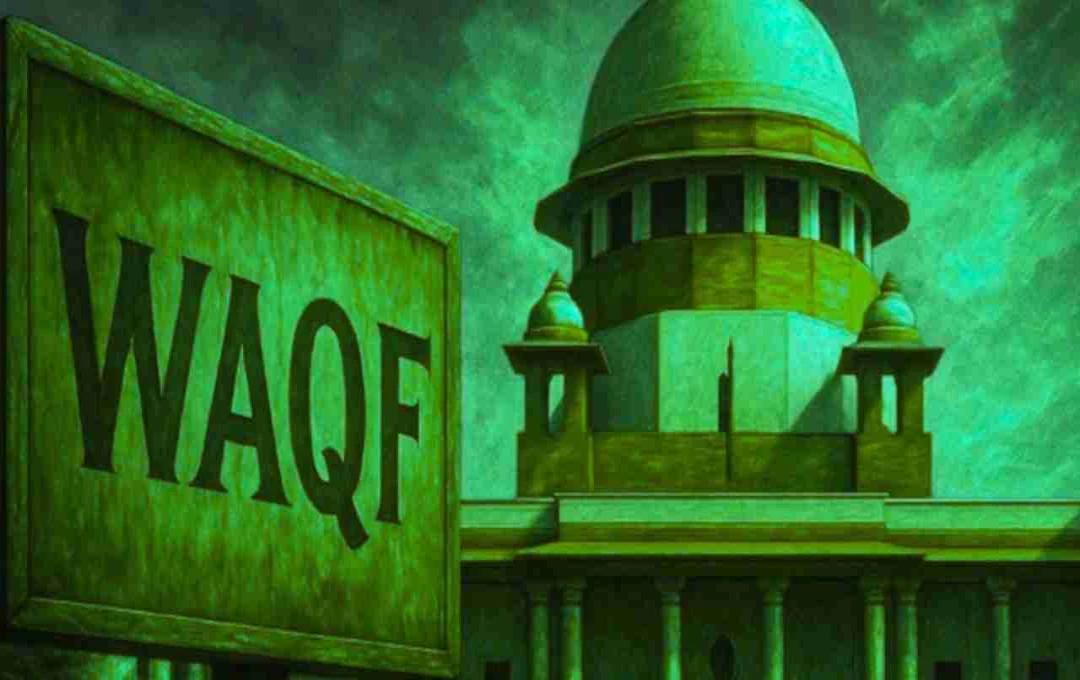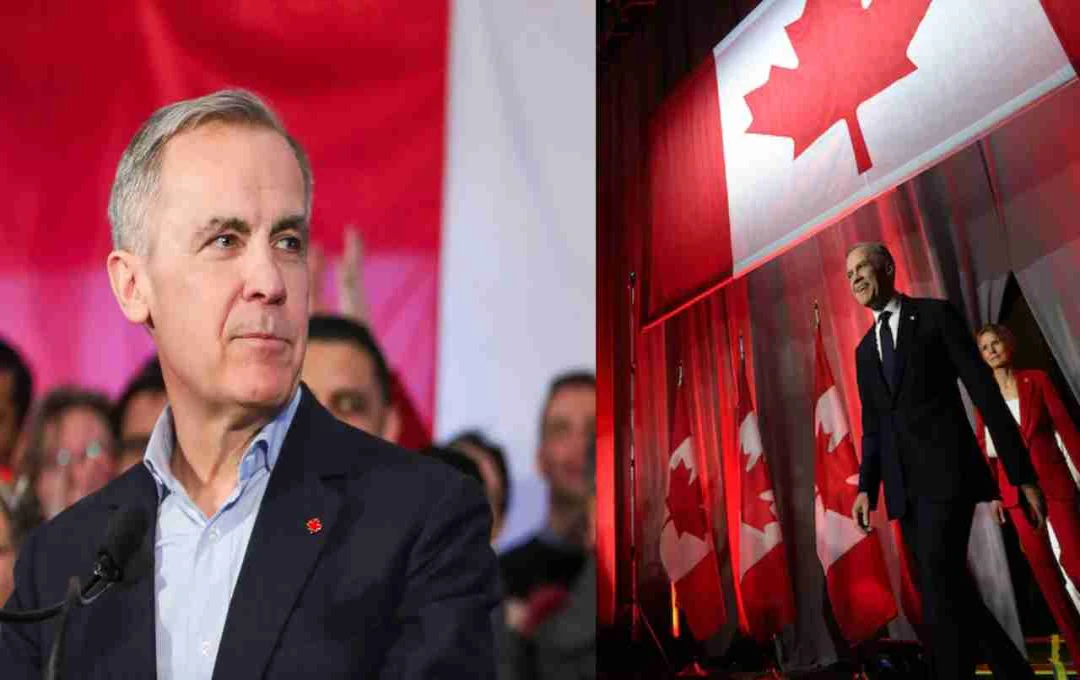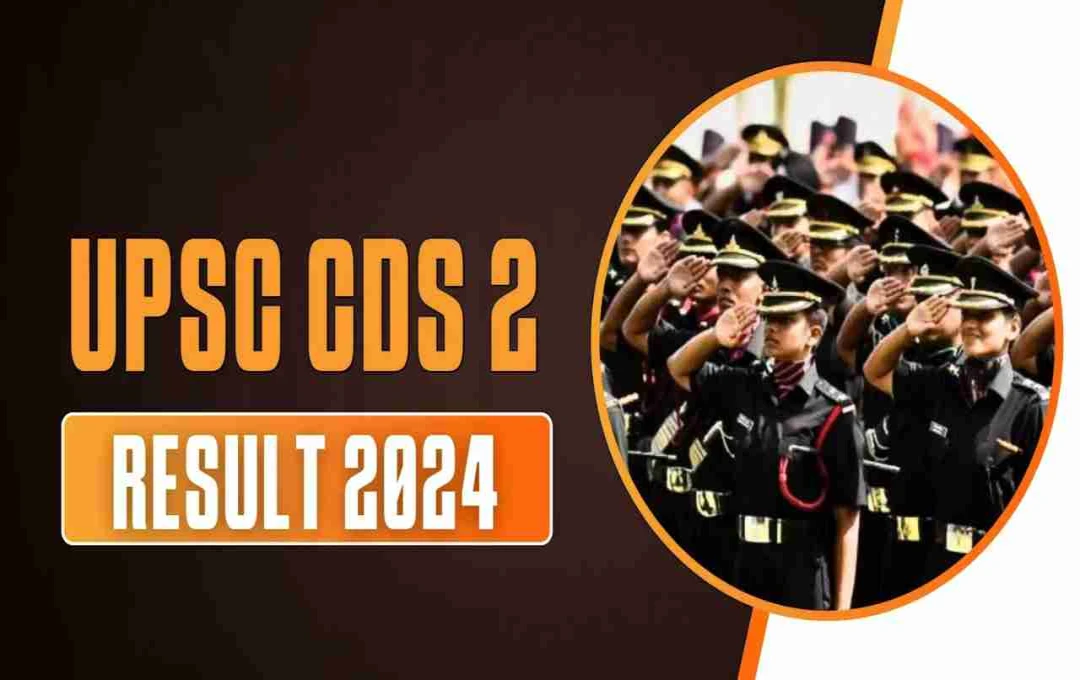Supreme Court to Hear Waqf Amendment Act Case on May 20; Interim Relief to be Considered First. Government Has Temporarily Halted Denotations of Waqf Properties.
New Delhi: The Supreme Court will hold the next hearing on the Waqf Amendment Act case on May 20, 2025. The bench, headed by Chief Justice Bhushan Ramakrishna Gawai, clarified that the hearing will begin with consideration of the plea for interim relief. The court stated that all parties will be given ample opportunity to present their arguments.
Government Assures Halt on Denotations
During the previous hearing in April, the central government assured the Supreme Court that Waqf properties would not be denotified for the time being. Furthermore, the appointment of new members to the Waqf Board and Waqf Council will also remain on hold. This assurance was given when the court hinted at staying certain sections of the Waqf law.
In the hearing on Thursday (May 15), Solicitor General Tushar Mehta reiterated the government's assurance that the status quo would be maintained and no new action would be taken.
Issues for Interim Hearing?

The new bench clarified that interim hearings will prioritize certain key aspects of the Waqf Amendment Act, 2025. Particular attention will be given to:
- Registration of waqf by user
- The presence of non-Muslim members on the Waqf Board and Council
- Identification of government land claimed by the Waqf Board
The court decided not to include the petition filed on the 1995 Waqf Act in this hearing. The focus will remain solely on the 2025 amended Act.
Controversy Surrounding the Waqf Amendment Act
Petitions challenging the Waqf Amendment Act, 2025, argue that it infringes upon the religious rights of the Muslim community. Petitioners contend that Waqf is a religious institution, and government interference is unconstitutional.
Conversely, the central government, defending the Act, argues that the court should consider the entire Act rather than staying only certain sections. The government maintains that provisions like the presence of non-Muslim members on the Waqf Board and the process of "Waqf by user" are constitutional and justified.
Eyes on the Supreme Court's Final Verdict
The Supreme Court's final decision in this matter will be crucial as it will significantly impact the management of Waqf properties and their legal rights. The May 20 hearing will determine whether interim relief will be granted, paving the way for further detailed hearings.













